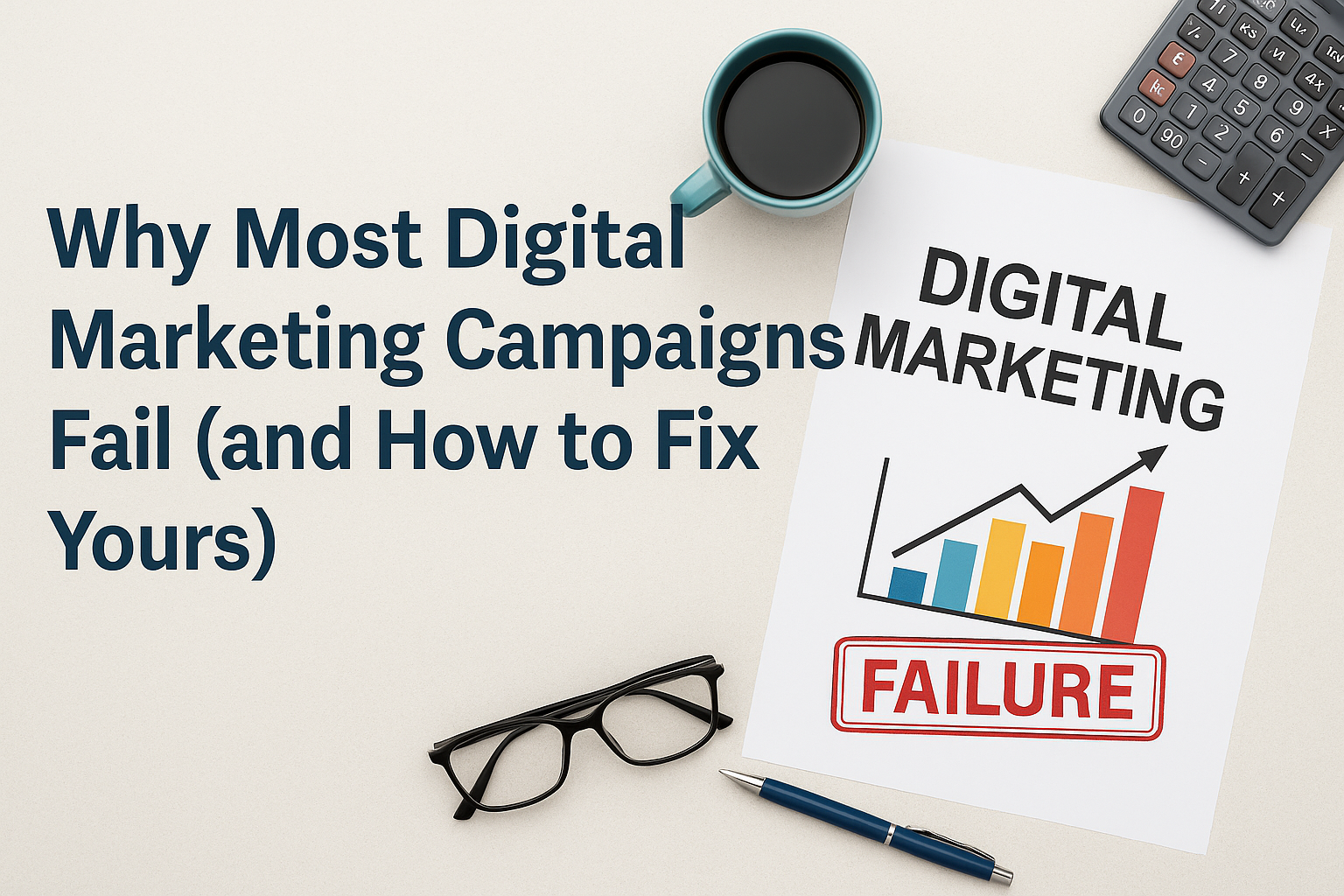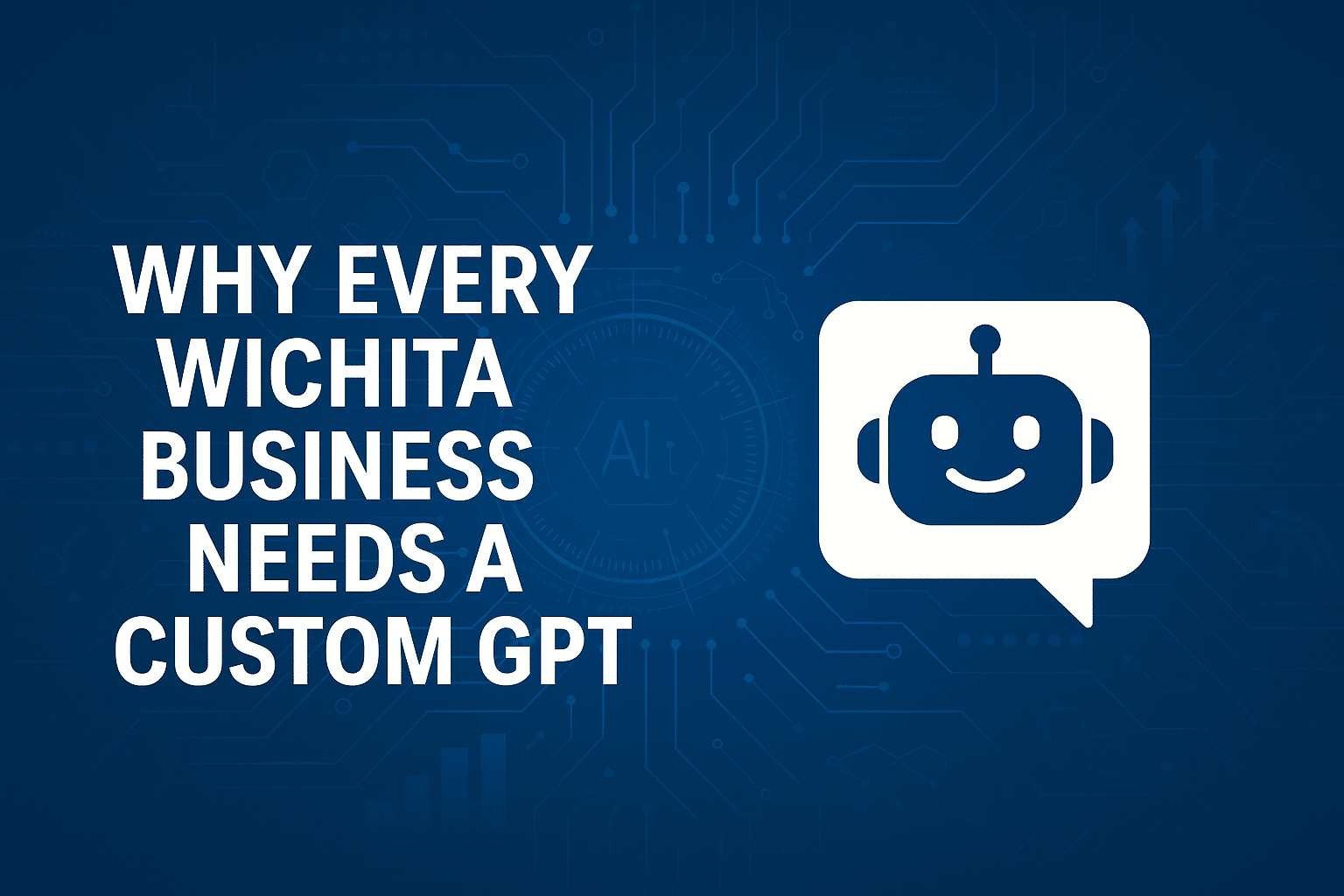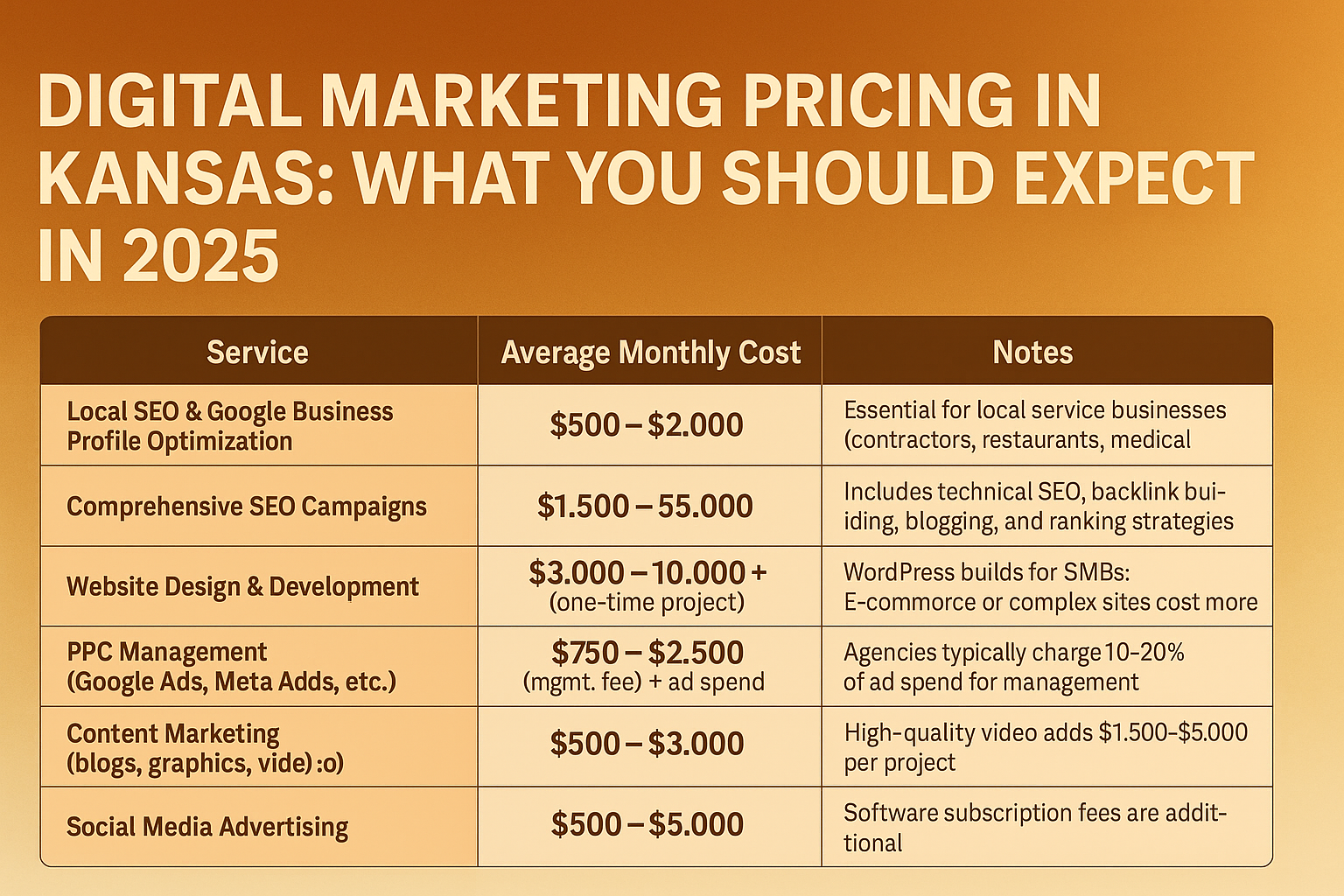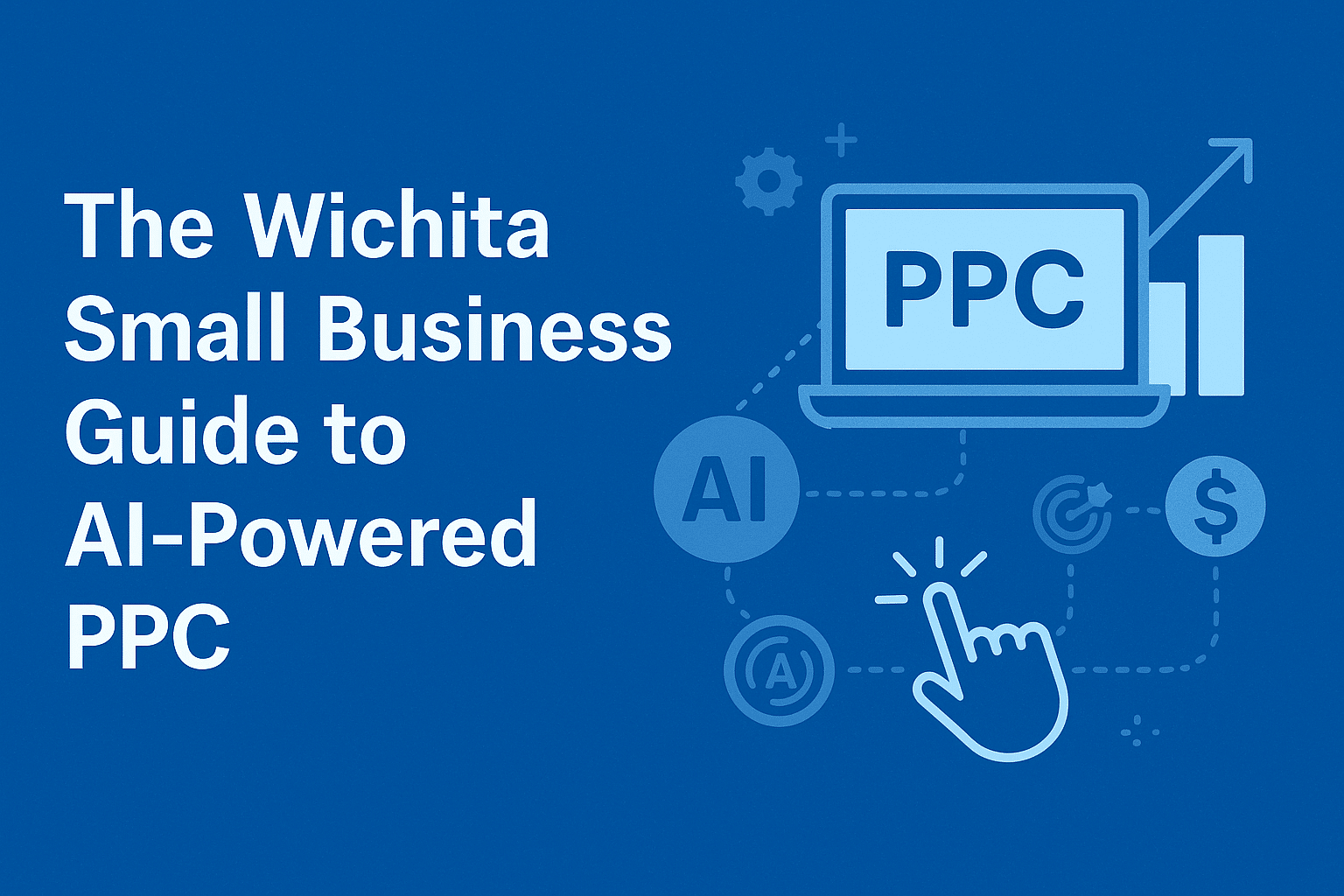Social Media Marketing (SMM) and Search Engine Marketing (SEM) are not the same thing. This leads many people to wonder which marketing method they should prioritize, as well as whether or not they should even bother with one method if they are already finding success with the other. The fact of the matter is that SMM and SEM are different, they each work in different ways and yield different results. While they are not quite so different as apples to oranges, it is important for your business that you understand the meaning and inner workings of both methods. This article is here to help you and your business by teaching you the importance and value of both Social Media and Search Engine Marketing.
Search Rankings
In order to understand the process of Search Engine Marketing, it is important to understand what the desired end result is, or at least what it should be. The quality and effectiveness of SEM are search rankings. These rankings are what you see when you first open Google and type in any term. The higher you rank on Google’s list, the sooner you appear on a search results page. Search Rankings are the bread and butter of SEM success. In order to rank high, you must pass through Google’s ever-changing algorithm with a better score than the competition. This algorithm ranks many different qualities of a website or page, focusing especially on content quality, relevance, freshness, validity, and reliability.
SEO
A great way to improve your search rankings requires minimal interaction with the search engines themselves, rather it requires algorithm research and website tweaking on your part. As stated above, search engine algorithms are constantly changings, prioritizing different qualities and re-evaluating standards frequently. However, there are many constants that are always a priority, and there are a plethora of ways in which you can perform Search Engine Optimization (SEO) on your website. This includes simple steps such as tagging your posts, targeting popular keywords, and linking to both relevant internal links and external links to reputable sites. It also means that you should prioritize a mobile version of your website, and that you should keep your backend up to date with the latest updates in speed and quality.
Search Engine Marketing
Search Engine Marketing is primarily accomplished through Search Engine Optimization. When you update or correct your content to better meet the requirements and expectations of search engine giants such as Google or Bing, you are adapting your website to be seen by their algorithms. This means that Search Engine Marketing can be primarily achieved without any external costs to you. However, the constantly fluctuating state of search engine algorithms means that just one SEO update isn’t enough. You need to regularly research any changes to search engine algorithms and adapt your content to meet any changed standards. In addition, search engines also offer plenty of their own paid advertisement options. With Google, these options extend across several of their platforms, including YouTube. These additional options come with plenty of metrics with which to measure their success, but more on that later.
Social Media Marketing
Social Media Marketing is based within platforms such as Facebook, Twitter, and Instagram. Each platform has its own set of rules and procedures for successfully building a follower base. In addition, each platform also has its own options for paid advertisements and paid social media marketing. However, the bulk of your social media followers can be gained simply by running a relevant account. This means that if your produce quality posts on a regular basis, you can build your follower list by producing content that is relevant to what users are searching for. Social Media Marketing also allows you to directly interact with leads and page visitors, something you cannot necessarily do with people looking at your website from a search page.
Similarities
While Social Media Marketing and Search Engine Marketing have their differences, they also have many similarities. For example, both SMM and SEM revolve around quality content. If your page or website is not producing better quality content or more relevant information than your competitors, success is unlikely to occur. However, by following simple tricks such as Search Engine Optimization and post content optimization, you can ensure that your posts and pages are meeting the standards by which social media websites and search engines set for searching and directing users. In addition, both SMM and SEM have free and paid options available to fit all of your marketing and advertising needs.
Search Engine Pros
Search Engine Marketing is all about research. In addition to keyword and search engine algorithm research, Search Engines tend to prioritize informational and research content, specifically content given in long form (1000-1500+ words). Search Engines Results target people based on what they are specifically looking for. Someone puts in a term and the search engine is able to almost immediately direct them to what is on their mind. Search Engine visibility is easy to observe and measure, in addition users performing a search via Google are likelier to buy than if they stumble across a post on Facebook. Search Engine Optimization also works passively, once a high rank on the search results page is achieved, it can be maintained relatively straightforwardly.
Social Media Pros
Social Media is all about feeling. In most cases, social media marketing targets people who aren’t necessarily looking for a purchase right away, but those who are searching for a community of like-minded individuals or experts who can assist them. Social Media is a visual medium, meaning that long form posts aren’t required, and that posts can be made more frequently and often more humorously. Social Media relies heavily on emotional reactions from users and those users are more likely to engage with a like or a share, spreading your content to their followers without having to risk much on their part. Although building a following may seem slow and excruciating, posts are delivered almost immediately and results happen much quicker than they might via a search engine.
Content Differences
As stated above, the content produced for social media marketing varies from content produced for search engine marketing. While it is true that SMM and SEM intersect with much of the same content, there are key differences in how and why each particular piece of content is produced. First, remember that there is minimal content produced directly for a search engine page. When you type in a term, Google does not present an entire article. Social Media, on the other hand, is designed with content presentation in mind. This doesn’t mean you should host your articles and blogs on your account page, but that you can share more in terms of both visuals and written content via social media.
Formatting
When creating posts for social media, it is important to be concise. However, it is also important to leave your followers wanting more, as you attempt to draw them towards your website. When creating posts for search engines, you are really just creating posts for your website. So it is crucial that you perform SEO if you want search engines to direct users to your content. It is also crucial to remember that social media should be drawing your followers to your website and its content. Keep your social media posts short and your search engine optimized website content long. Pull from this content when posting on social media and make sure that your content helps generate the maximum number of leads possible.
Targeting Different Audiences
When you target an audience on social media, you are targeting based on what they feel. Social Media platforms are designed to promote reaction and engagement. When you target an audience through a search engine, you are targeting based on what they think. Search Engines are designed to direct users to the terms they directly search for. So, whether you are marketing via search engines or social media, it is important that you understand your audience and market towards their feelings on social media or their thoughts via relevant content on your website.
Conversion/ Sales Funnel
Social Media Marketing and Search Engine Marketing are useless without appropriate conversion methods and sales funnels. These, of course, go hand in hand with maintaining an independent website for your business. Social Media can be an incredible marketing tool, but it cannot effectively market your business and increase your revenues on its own. When drafting social media posts or performing SEO, remember that these are merely steps in a sales funnel, not independent functions. The end game is always to take the leads generated via these outlets and to walk them through the sales funnel, converting them into sales.
Speed vs Spread
Is it more important to have a constant stream of new content coming in or to pace yourself with larger form content? Is it more important to have a variety of content styles and types or to stick to one style and let that become associated with your brand? These questions relate to the ideas of speed and spread. A social media profile that is constantly uploading content is going to repeat itself very quickly. A social media profile that posts long form content on a interval between posts might not cover as much ground in terms of topics, but it will cover a wider variety in larger detail. Being speedy with your social media or having an in-depth spread can both be beneficial, and can both detract from your business. The key here is to understand your target market(s) and create content and a profile that is best adapted to what they are looking for.
Coincidental vs Constant (Upper Limits)
There are upper limits to both Social Media Marketing and Search Engine Marketing. However, these may be difficult to measure. With social media, you can theoretically market to every user on the platform, even if they don’t follow you. Many businesses achieve viral success through this medium with little input of their own. The downside is that you generally have to build an audience first, and that takes time. With Search Engines you can generally only market to the people that are searching directly for terms relating to your business. However, search engine users don’t have to create a profile or follow your business to search it out and interact with it. Neither method of marketing is without its limits, but together you can expand the upper limit of your business’ potential.
Longevity
Social Media is very fleeting. The idea of fifteen minutes of fame is especially pertinent to social media, as there is a constantly increasing number of posts from billions of users. It is easy for your content or your profile to get lost in the shuffle if you are not constantly putting out quality content. However, there are means of finding large social media success in a short amount of time. With Search Engines, it takes longer to achieve the greatest results, however search engine rankings outlast the life cycle of a single social media post. It may take more work to get to the top, but it is easier to stay on top once there.
Measurement
Social Media engagement is easy to follow. Likes, comments, and shares make it very easy to see who is interacting with your posts and what they think about them. In addition, most social media platforms offer some form of analytics that make it easy to see how many people view your posts and how many interact. Search Engines are harder to track, as it is difficult to gauge how many people view your listing when searching versus how many engage with your website.
Conclusion
Social Media Marketing and Search Engine Marketing are two necessary strategies for any modern business. They both offer their fair share of risk and reward, and when used together can create an unstoppable lead generation strategy for your business. It is important to understand what content works with what strategy and how you can interweave your efforts in one strategy with your efforts in another.




















